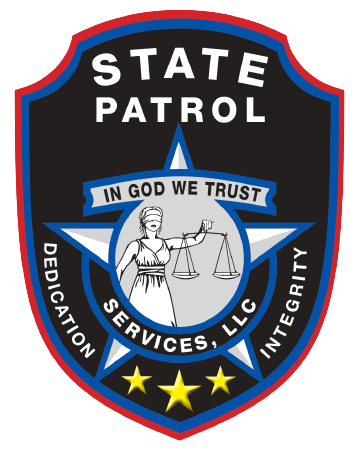Privacy is often is a concern in residential areas. Your neighbors, too, would want to keep the neighborhood safe and ensure their privacy is being protected. Hence the introduction of several laws to ensure both situations are being dealt with properly.
Residential Security Camera Laws
The primary purpose of these security video cameras is to monitor your property at all times; hence you should make sure your cameras are placed in such directions that it does not violate anyone’s privacy rights. Although the placement of the camera important for the required output, you should not break the residential security camera laws.
What Are Illegal Parts Of A Residential Camera Setup?
Before understanding the law, you need to understand the technicalities of surveillance video recording.
Many states/cities/countries do not allow any type of audio recording; hence if your surveillance video camera will record audio, you should switch it off. Someone recording your audio without your consent is illegal. As well as, for security purposes, the video will suffice. You do not need audio.
Remember, it is illegal to place a surveillance video recording device in any private area of your home without your consent. You can perform a surveillance video recording at your own home but only in the house’s open spaces, not in bathrooms and bedrooms.
Cameras Pointed Off Your Property
Although it is not an issue to have a surveillance video camera facing your neighbor’s property, but in some cases, your neighbor not be comfortable; hence it best not to have the surveillance camera even face their yards. Since the laws are different in every state, we suggest you check it with your state department before installing any surveillance video cameras. In some states, you can have the surveillance video camera to face your property. It is always legal if the surveillance video camera takes a picture of someone in a public area, so you angle the camera on to the sidewalks and roads.
If your neighbor has placed a camera that violates your privacy, you should first talk to your neighbor. You can ask them to remove the camera or change its position. If these fail, you can block the cameras by planting in front of it. If they still do not listen and support you, you can contact the local police. They will help you solve the problem.
If you are looking to learn more about placements of a surveillance video camera and recording laws, you can contact State Patrol Services, LLC at 832-983-7292 , and our team will help you.





